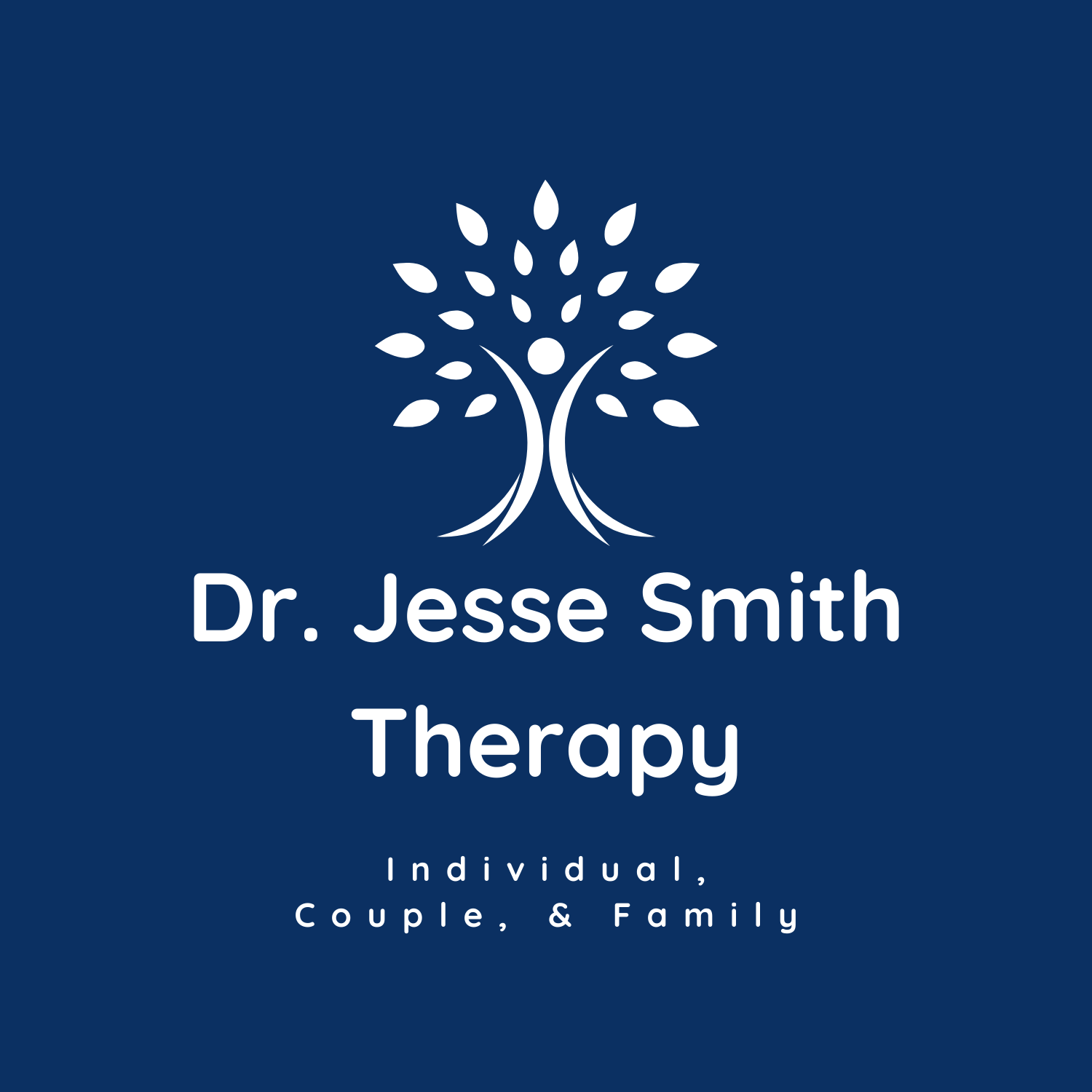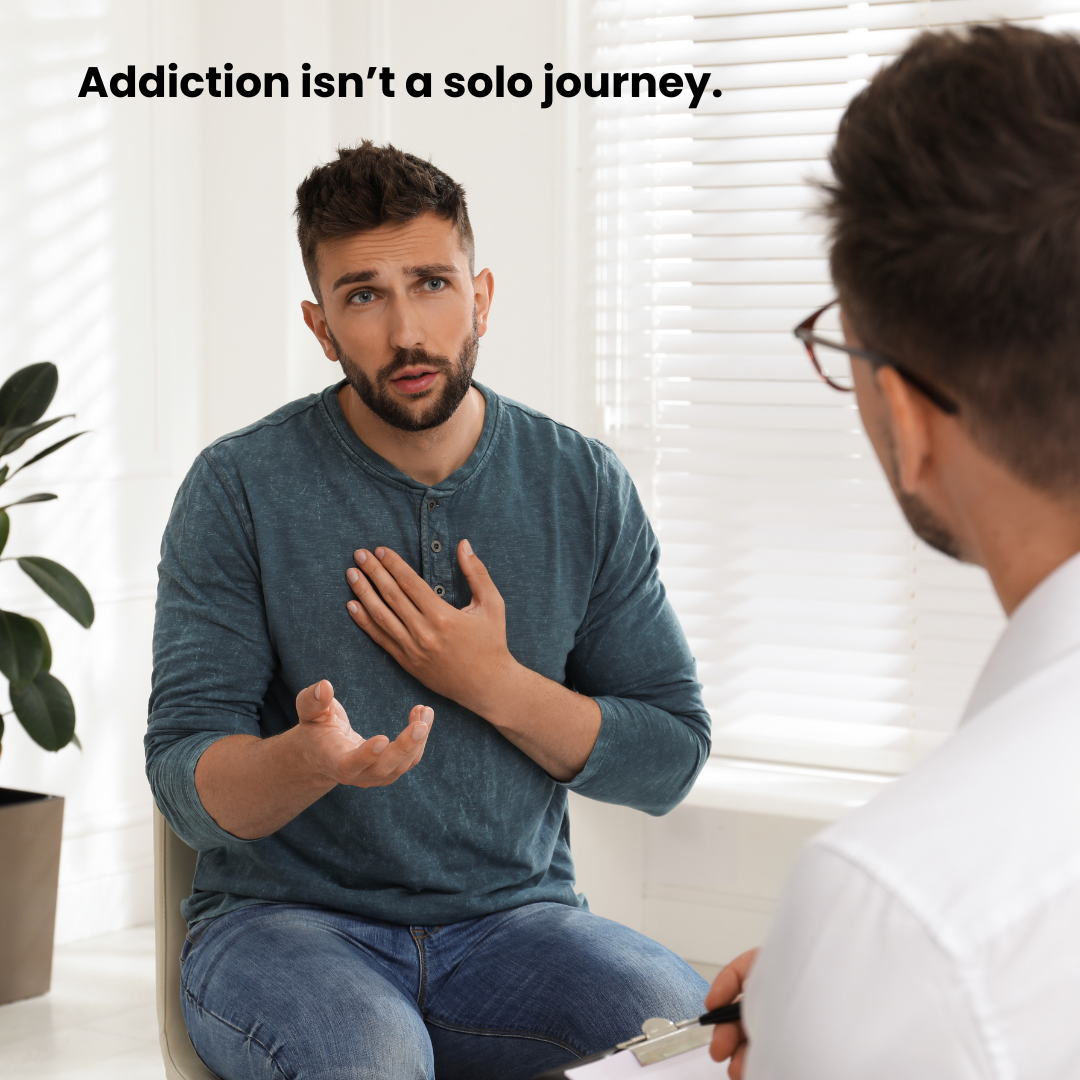The Role of Family Therapy in Addiction Treatment
When it comes to addiction treatment, we often focus on the individual. But let’s face it – no man (or woman) is an island, especially when navigating the choppy waters of addiction recovery. This is where family therapy sails in, offering a lifeline not just to the individual but to the whole family unit. Today we’re diving deep into how family therapy can be a game-changer in addiction treatment.
The Role Family Plays in Addiction
Addiction isn’t a solo journey. It’s more like a tornado that sweeps through a family, leaving a trail of confusion, hurt, and broken relationships. Recognizing this, addiction treatment has evolved to include family therapy, an approach that acknowledges the impact of addiction on the entire family.
Family therapy in the context of addiction treatment is like bringing all the players onto the field to strategize a winning game plan. It involves sessions with the individual in recovery and their family members, guided by a trained therapist. The aim? To heal relationships and create a supportive home environment conducive to recovery.
The Benefits of Family Therapy in Addiction Treatment
Before we dive into the specific benefits of family therapy in the realm of addiction treatment, let’s set the stage. Imagine a garden where each plant represents a family member. Addiction is like a persistent weed that not only harms the plant it grows on but also affects the health of the entire garden. Family therapy, in this context, acts as a skilled gardener, identifying the root issues, nurturing each plant, and restoring the garden's overall health.
As we explore the benefits below, think of how each aspect of family therapy contributes to healing the individual and the family as a whole, transforming a once struggling garden into a thriving ecosystem of support and understanding. This journey is not just about pulling out the weeds of addiction, but also about cultivating a stronger, more resilient garden where every plant – every family member – can flourish.
Healing Relationships: Addiction can fracture the strongest of bonds. Family therapy provides a platform for open communication, understanding, and forgiveness. It’s like fixing the cracks in the foundation of a house.
Creating a Supportive Home Environment: A home should be a sanctuary, not a trigger zone. Family therapy helps in establishing a home environment that supports sobriety and reduces the risk of relapse. Think of it as fortifying the castle against the enemy.
Educating the Family About Addiction: Misunderstandings about addiction can create barriers. Family therapy educates everyone on what addiction is (and isn’t), which can dismantle myths and build empathy. It’s like turning on the lights in a dark room.
Developing Healthy Communication Skills: Addiction often leads to communication breakdowns. Family therapy teaches healthy communication skills, ensuring that every voice is heard and valued. It’s like tuning an orchestra to play in harmony.
Addressing Co-Dependency and Enabling Behaviors: Sometimes, with the best intentions, family members might enable addiction or become co-dependent. Family therapy brings these patterns to light and offers strategies to change them. It’s about cutting the puppet strings to let everyone stand independently.
How Family Therapy Works in Addiction Recovery
Family therapy isn’t a one-off session; it’s more like signing up for a course in relationship management. It involves regular sessions where family dynamics are explored, issues are addressed, and healing strategies are implemented. It’s a journey of introspection, understanding, and growth for everyone involved.
Imagine trying to fix a complex machine without understanding how all the parts work together. That’s addiction recovery without family therapy. Including the family in the treatment process acknowledges that addiction is a complex issue that affects and is affected by family dynamics.
Care for Yourself While You Support Someone in Recovery
By a show of hands, how many of you reading this knew that you have to care for yourself and your well-being while you support a loved one in addiction recovery? We often forget about ourselves as caregivers which can lead to things like burnout and resentment.
Family therapy doesn’t just focus on the person with addiction; it also offers support and guidance to family members. It’s essential to care for your own mental health while supporting a loved one in recovery. Think of it as putting on your oxygen mask first before helping others.
The Unsung Hero in Addiction Recovery
Family therapy is like the unsung hero in the saga of addiction recovery. It repairs bridges burnt by addiction, fortifies relationships against future storms, and creates a united front against the challenges of recovery. If you or a loved one is navigating the path of addiction recovery, consider family therapy as a vital piece of your arsenal. It’s about healing together, growing stronger, and reclaiming the life addiction tried to steal.


